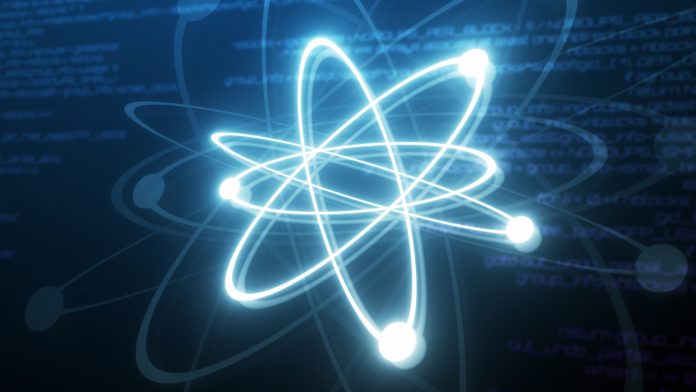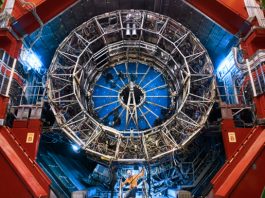The MANDELA project has officially launched at UWC and UniZulu, in collaboration with the University of York, to open nuclear physics laboratories in South Africa.
The construction of two nuclear physics laboratories in South Africa has been completed. The laboratories will now be used to develop nuclear physics detector technology and to train students. The Modern African Nuclear Detector Laboratories (MANDELA) project is a collaboration between the University of Western Cape (UWC), the University of Zululand (UniZulu) and the University of York in the UK.
The introduction of the state-of-the-art facilities testifies to the tremendous strides that tertiary institutions like UWC and UniZulu have made.
Opening new nuclear physics laboratories in South Africa
These nuclear physics laboratories in South Africa, based at UWC and UniZulu, were funded and supported by the Global Challenges Research Fund through the partnership of these three universities and the British Council based in South Africa. They were officially launched on 24 March 2022, with delegates both in physical and online attendance.
“Congratulations to all those involved in making the MANDELA project a realisation, especially those at UWC and UniZulu and our friends at the University of York and the British Council,” said Professor Tyrone Pretorius, Vice-Chancellor of the University of the Western Cape. “I would like to also thank all the professors in the nuclear and astrophysics faculties, especially Professor Nico Orce.”
The MANDELA project will allow physics students to conduct valuable research in their respective fields of science. Professor Nico Orce, from the Department of Physics & Astronomy at UWC, elaborated on the capabilities of these laboratories, which will enable new research and postgraduate projects that were previously practically impossible to conduct.
“Every machine and piece of equipment that has been used in the MANDELA project, with 600 financial operations involved at both UWC and UniZulu labs, are state-of-the-art, and the speed at which data is processed and compiled is among the fastest in the world. Speeds required to produce high-definition cancer imaging,” explained Professor Orce during a demonstration from within the UWC site.
MANDELA project
The UK’s Science and Technology Funding Council provided £500,000 from its Global Challenge Research Fund to the project while the South African universities also financially contributed. Part of that partnership between South Africa and the UK saw some 20 students from the two South African universities travel to York in 2018 and 2019, where they worked on radiation detectors and ran Monte Carlo computer simulations of new detector designs.









